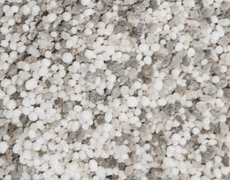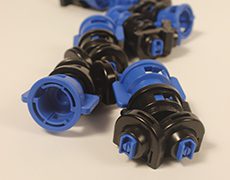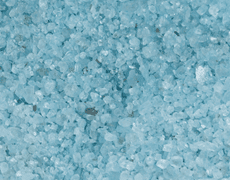Search All Resources
Resources
Categories
Archives
Cost-Saving Tips for Fungicide Programs

Fungicides can be expensive. Use these cost-saving tips to save money on your fungicide program this season.
-
- Have a tentative fungicide plan and do not be afraid to start it early. We want to stay ahead of the disease inoculum. Often, we see superintendents wait to begin their fungicide applications until they see an issue and by that point, it’s too late and will be costly.
-
- Don’t skimp on fungicide rates (use the appropriate rates). Using the lowest rate does not always means you are saving. If the lowest rate only gives you 7-10 days of control, and you could use a higher rate at 14-21 days of control, go with the higher rate. Avoid having to make repeat applications by choosing as much control as you can.
-
- Alternate the new and the old chemistries to keep costs down. Newer fungicides can offer excellent control but they can be expensive. Alternating your fungicides between the newer and older chemistries can save you money.
-
- Track the classes of fungicide you are applying. It’s easy to forget to track the classes of fungicide you are applying, but it can be a costly mistake. Continuously using the same DMIs or SDHIs can result in a pathogen becoming resistant (This is another reason to alternate chemistries, also).
-
- Use phosphites in your fungicide program. Phosphates help build up disease and stress tolerance. This can help save you from having to make an unnecessary purchase for pythium applications later in the season.
-
- Watch the weather and be diligent in scouting for issues. There are instances where you could stretch an application and, possibly, save yourself the time and money of having to do another fungicide application. For example, if you watched the weather and checked for disease and found it was dry and cool and the disease pressure was not there, you might decide to skip that app. If you have a long history of with a particular disease, we recommend not skipping an application.
Ryan Smith
Sales Rep







